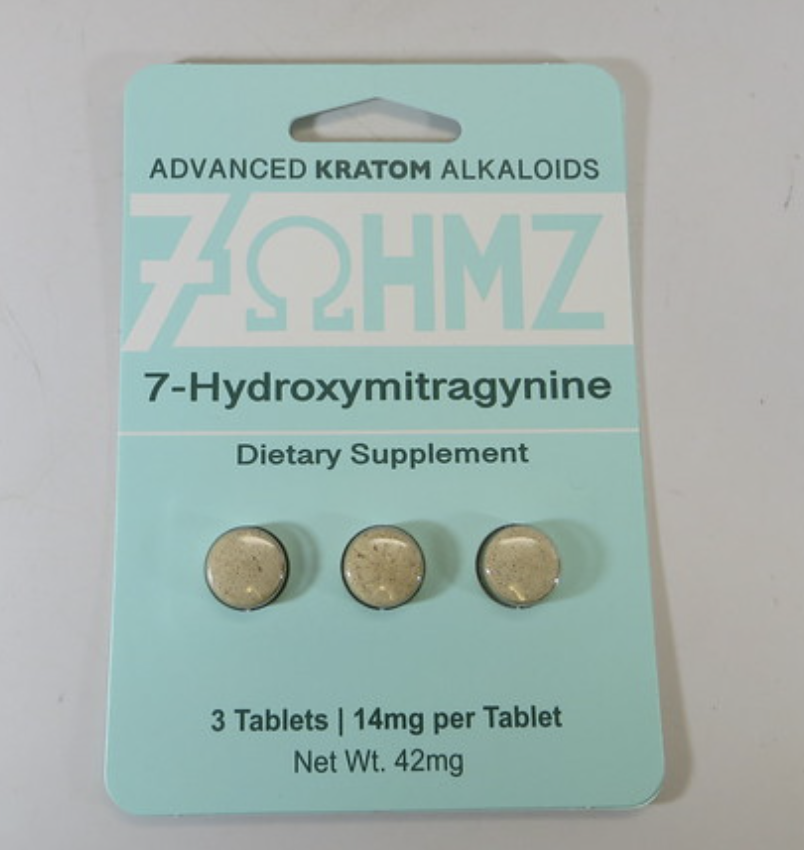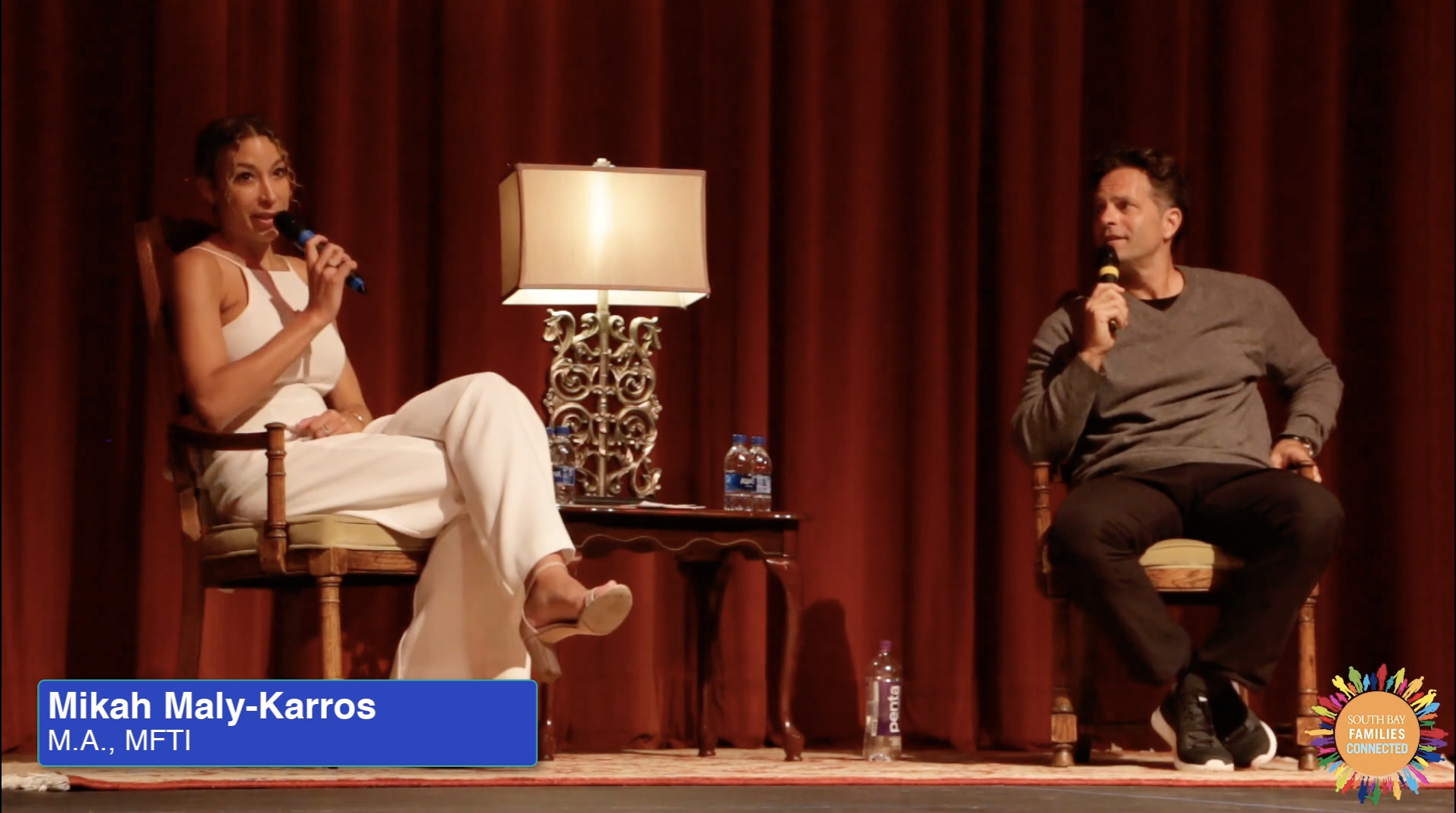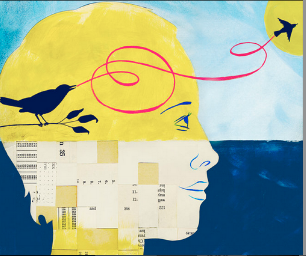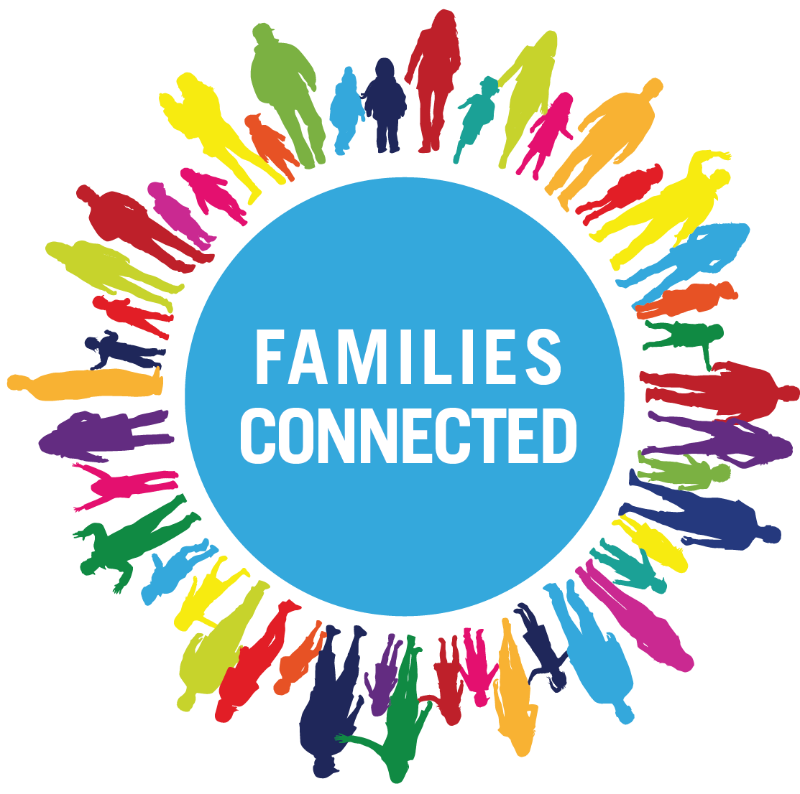The resources on this page aim to empower parents and caregivers with the knowledge they need to help their children stave off substance use during the teen years. Evidence shows that protective factors like connecting authentically with your children, family time, and talking early and often can help youth make positive choices when faced with drugs and alcohol. The Families Connected and national resources curated on this page provide insight and support to help us guide our children on a healthy path to maturity. For instructions to view this website in Spanish, click on en Español.
Families Connected Resources
Parent alert: trending substances
source: FDA. Visit FLICKr for more images
Kratom and 7-hydroxymitragynine (7-OH) products: Kratom is made from a tropical tree whose leaves can act as a stimulant or opioid-like depressant, while 7-OH is its synthetic extract. Until recently, both were sold at convenience stores, but in November of this year, the LA Department of Public Health mandated that retailers remove the products amid overdose concerns and recent deaths. Additional risks include dependence, liver injury, seizures, and unpredictable potency due to lack of regulation. (Source: National Institute on Drug Abuse and The DEA)
Liquid Cocaine: dissolved in liquid form, often injected, or ingested. Can be added to nose spray to hide substance. Risks include high potential for overdose, heart attack, seizures, and contamination with fentanyl or other substances. (Source: National Institute on Drug Abuse and the National Institutes of Health)
Bath Salts (Synthetic Cahtinones): Human-made stimulants, which are often sold under misleading names such as “bath salts” or “plant food.” Risks include severe paranoia, hallucinations, cardiovascular stress, overdose, and death. (Source: National Institute on Drug Abuse)
Authentic stories from parents and teens
5 Things We Did (By Accident) To Save Our Son’s Life by a South Bay mom
Struggling to Survive - The Fight of and for My Daughter's Life by Naya Elle James
Grateful for My Happy, Sober Life by Marie Puterbaugh
ADD and My Kid: After the Diagnosis—Concerns About Self-medicating by Laurie James
My Brother's Struggle with Opioid Addiction...My Struggle with Parenting by Franca Stadvec
OMG, We Just Sent Our Baby Boy To The Wilderness!! by a South Bay Dad
The Strand Family Shares Their Story, part 1 of 3 by Cynthia Strand
Thoughts from an Addict’s Little Sister by Breanna Strand
Our Binge Drinker by a South Bay mom
Quitting the Vape: How I Did It, by a South Bay teen
Binge Drinking and Where I Landed-- a teen's story by a South Bay teen
I Pass on It Because of My Best Friend by a South Bay teen
Why I Wish I Had Passed On It in High School by a Manhattan Beach teen
The Effects of Alcohol and Marijuana on a Teenager's Brain and Future by a South Bay teen
Vaping: J.L.'s Top Five Reasons to Say, "I'll Pass” by a South Bay teen
Five Things I Learned from the Families Connected Website and Why I #PassOnIt When it Comes to Drugs and Alcohol by Merlene Heyning
Vaping: M.L.G.'s Top 5 Reasons to Say, “I Pass On It” by a South Bay High School Graduate
Authentic stories shared on video
Alex Gray shares his family’s story about the loss of his brother to an opioid overdose in this short clip.
Alex Gray’s full talk made at Chadwick School during the SBFC Vaping Prevention Tour.
The Strand Family shares about the loss of their son, Justin, to overdose.
SBFC drug and alcohol prevention event videos and expert blogs
In this five-minute clip, former Dodger Erik Karros asks his daughter, Mikah Maly-Karros, why she drank in high school. To view the full Families Connected Speaker Series presentation, click HERE.
View the full presentation of the Families Connected Speaker Series event, Recognizing and Responding to Teen Stressors and Pressures, which includes insight from experts, a parent and a student.
View a ten-minute video summary compilation of six SBFC prevention events featuring Mathew Torrington, M.D., Moe Gelbart, Ph.D., Greg Allen, Ph.D., and Joan Stein Jenkins, Esq.
A Word to Parents on Teen Alcohol and Drug Use by Joan Stein Jenkins, Manhattan Beach City Prosecutor
Picking Your Battles: The A-B-C Method by Dr. Moe Gelbart
Prevention tip sheets - click on the images to enlarge
Did you know that teens who consistently learn about the risks of drugs from their parents are up to 50% less likely to use drugs than those who don’t. (source: National Survey on Drug Use and Health). By talking early and often, you can made a difference (click on the tip sheet below enlarge).
Curated Gallery of Resources
Clicking on the logos, images, and links below will take you out of the Families Connected website and to the online resource indicated. Families Connected is not affiliated with these organizations, nor have these organizations paid to have their resources shared here. Please note that, unlike the Families Connected website, some of the websites/articles included here may display pop-up ads. Please read the terms of use agreement on this and all websites visited. Families Connected will remain open in your browser.
Increase your knowledge about illicit substances and their impact on mental health
The CDC launched FREE MIND, a youth alcohol and drug prevention campaign on August 7, 2025, which provides messaging directed to youth about the negative impact of drugs and alcohol on mental health, as well as information for parents and caregivers and facts about substances.. The CDC also provides a comprehensive review of the health effects of Cannabis, including brain health.
Partnership to End Addiction also provides a comprehensive searchable Drug Guide (image shown here) also available as a free app, as well as insight in their article “When Addiction is in Your Family Tree” .
The National Institute on Drug Abuse provides Drug Facts for Parents and Caregivers, as well as Alcohol Facts.
Prevention: talk early, talk often - they hear you
SAMHSA’s substance use prevention campaign helps parents and caregivers start talking to their children early about the dangers of alcohol and other drugs. SAMHSA offers parent resources and a downloadable, comprehensive family guide to help start the conversation about the dangers of drinking alcohol and using other drugs at a young age. We also recommend their free mobile app.
Current research tells us that families and communities hold the key to substance abuse prevention. We know that families matter, and that families that talk early and often about drugs and alcohol have better outcomes and can reduce the likelihood that their kids will engage in risky behaviors. Partnership to End Addiction. We recommend How to Talk with your Teen, Brain Development and Behavior and their downloadable Marijuana Talk Kit.
Natural High is a drug prevention nonprofit that inspires and empowers youth to find their natural high and develop the skills and courage to live life well. They offer substance use prevention parenting resources and lesson plans that utilize powerful social influencers to tell meaningful stories in a way that makes a difference in kids’ lives.
The developing teen brain and why illicit substance use prevention is critical
Today's research tells us this: if we want our youth to reach their full potential and avoid alcohol and drug-related harm, the longer we can stave off alcohol and drug use the better. Note: this information does not apply to medically prescribed prescriptions for mental health issues.
Listen to the latest research on how marijuana and alcohol cause permanent damage to the developing teen brain, lowering test scores (NPR)
Recommended articles
Why Adolescence Matters in Preventing Substance Abuse (KQED)
Teaching Your Teen About Binge Drinking (Child Mind Institute)
CBD: What Parents Need to Know (Child Mind Institute)
Reach out for help when you need it
Substance Abuse and Mental Health Services Administration (SAMHSA): call 1-800-662-HELP (4357)
SAMHSA’s National Helpline is a free, confidential, 24/7, 365-day-a-year treatment referral and information service (in English and Spanish) for individuals and families facing mental and/or substance use disorders.
DrugFree.org: 1-855-DRUGFREE (1-855-378-4373)
This a toll-free hotline/support service for parents/other primary caregivers of children who want to talk about their child’s drug use and drinking.
Related Families Connected Resources
More resources for parents and guardians
Resources for teens
For More Youth Wellness Resources, visit:
For South Bay parents and caregivers
Go to South Bay Families Connected’s landing page to view a local events, the Teen Resource Center, to sign-up for the SBFC monthly parent e-newsletter, and more.
For parents and caregivers in the U.S.A.
Visit the Families Connected landing page for non-region-specific, free youth wellness online resources.













